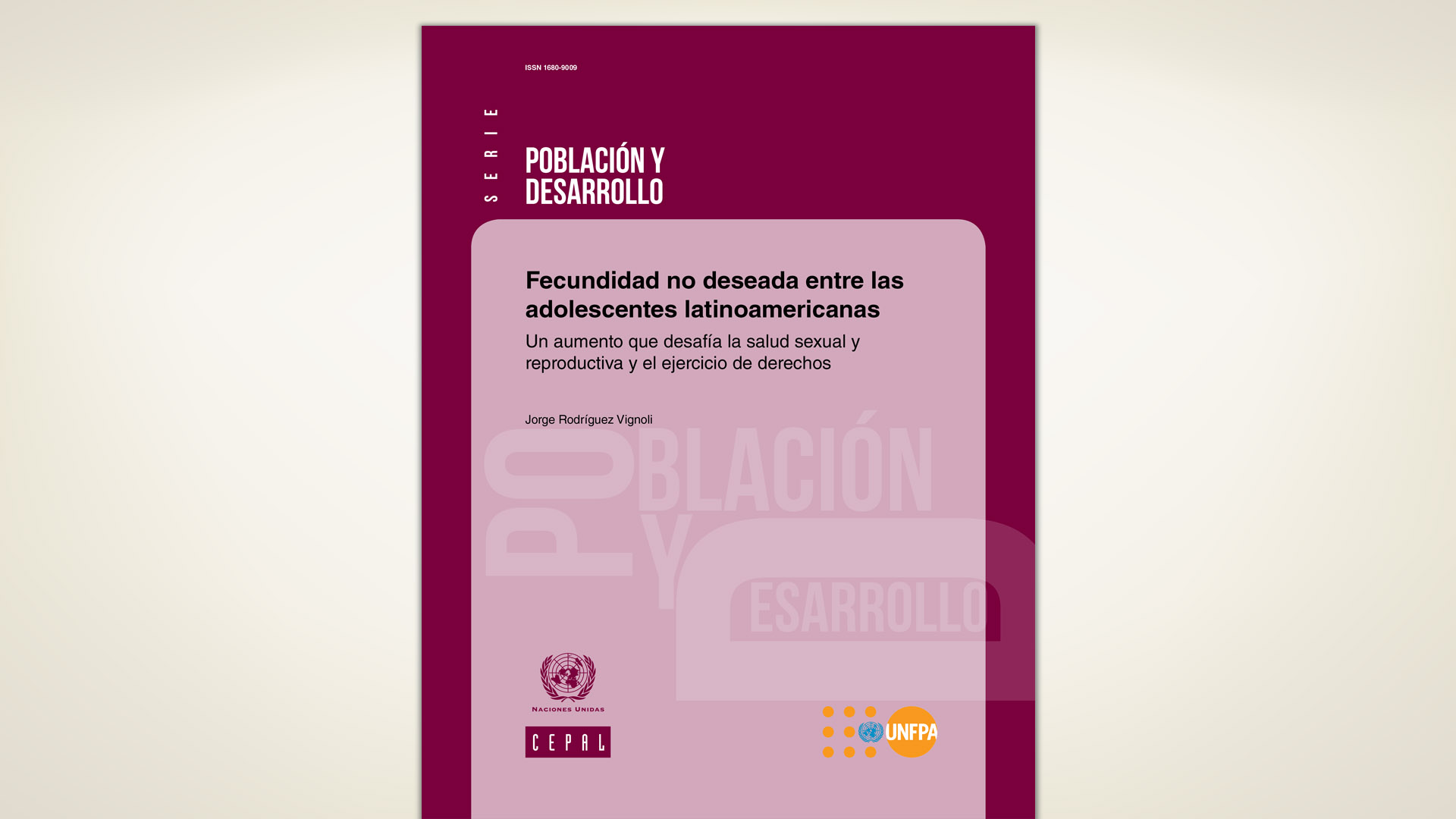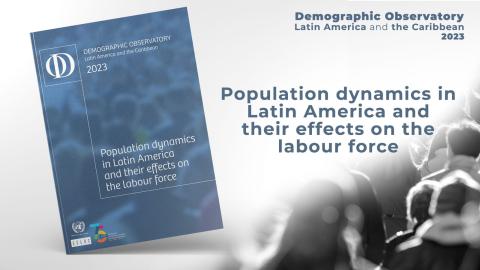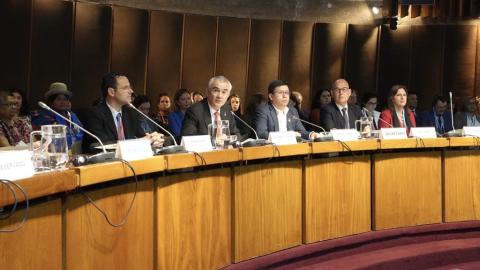Briefing note
Latin America and the Caribbean must resolutely move ahead with policies and programs that guarantee adolescents’ exercise of their sexual and reproductive rights and offer services adapted to today’s adolescents and to the new conditions in which they exercise their sexuality, according to a new publication by the Economic Commission for Latin America and the Caribbean (ECLAC).
The study Unwanted Fertility among Latin American Adolescent Girls: An Increase that Challenges Sexual and Reproductive Health and the Exercise of Rights sustains that while some researchers consider this fertility to be rational and wanted – particularly among lower-income groups –Demographic and Health Surveys (DHS) as well as Multiple Indicator Cluster Surveys (MICS) that UNICEF utilizes from numerous countries in the region indicate the opposite.
The publication, prepared by CELADE – Population Division of ECLAC, consists of four chapters and concludes by ratifying a finding from the last few years regarding a rapid and intense decline in the desirability/planning of having children in adolescence.
According to the research, Latin America and the Caribbean stands out globally for its high rates of unwanted pregnancies among adolescents. In addition to this, there is a sustained and significant increase in unplanned/unwanted adolescent fertility.
This increase has occurred in all socioeconomic groups. And in several countries, it has been more pronounced among adolescent girls from lower socioeconomic brackets.
These trends in unwanted adolescent fertility aggravate its effects and, in addition, constitute a crucial policy argument to support public intervention in the matter, from a rights perspective.
Furthermore, sex education and more generally preparation to engage in emotional, romantic and erotic relationships continues to be a pending issue in the region, with little experience regarding successful and lasting programs.
This pending matter is reflected in current adolescents, both male and female, who have a great deal of access to diverse sources of knowledge and information on these issues, and are apparently much more prepared to deal with them than previous generations, but who still have severe difficulties in terms of implementing preventive behavior – in particular the efficient and timely use of birth control – with pressures of different kinds (ranging from myths to access to biased sources such as pornography) that foster risky behavior and, above all, with persistent and abusive gender biases against women.
The publication indicates that this lack of sex education is even more worrisome if one considers the consensus regarding its status as a tool to prevent unwanted pregnancy.
Finally, the document affirms that other actors must support adolescent girls and boys. Most certainly the State and all public institutions generally must ensure the exercise of their rights. But families must also act accordingly, both by avoiding becoming an obstacle to the exercise of these rights (in particular with regard to birth control access) and by contributing to their children’s comprehensive development, since it is proven that effective communication between parents and children favors preventive behavior during adolescence and in the long term and generally fosters a less risky and more satisfactory sexual life.



